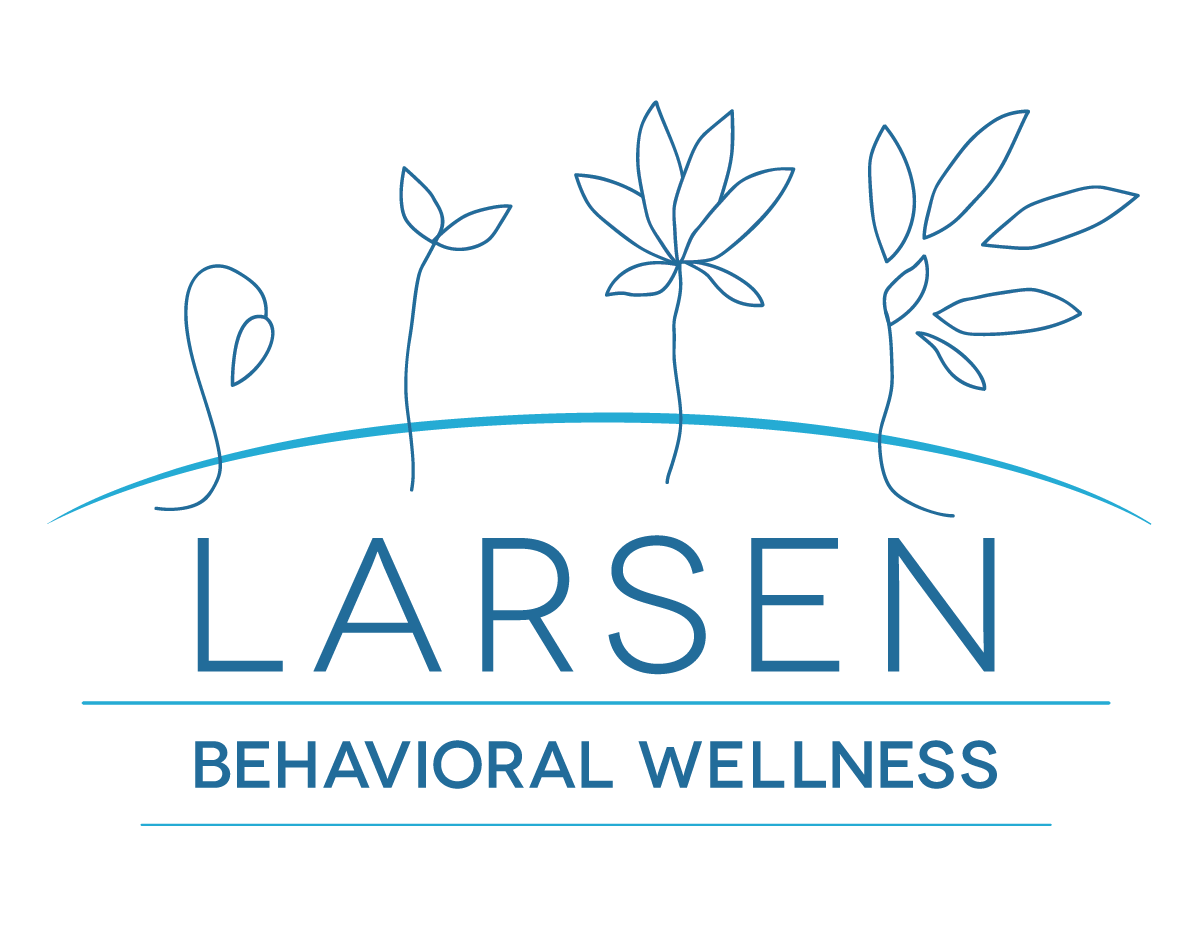Therapy for OCD
Are you struggling with obsessive thoughts that won’t go away?
Do you worry about things such as leaving your house? Driving? Germ contamination?
Do you have an overwhelming sense of doom or feel that the world might be coming down around you?
Many people suffer with these worries, you are not alone. OCD is a common disorder and is characterized by irrational thoughts (obsessions) coupled with repetitive behaviors (compulsions) that sufferers feel the need to engage in to relieve the stress associated with these thoughts.
So, if you find yourself having worries, coupled with repeating behaviors (such as hand washing, counting, ordering things) perhaps you are struggling with OCD. OCD is more common than you might think. OCD affects an estimated 2.3% of adults in the United States. OCD is common among women, men, boys and girls.
The good news is that OCD is a very treatable condition.
A specific type of cognitive behavioral therapy called Exposure Therapy and Response Prevention (ExRP) is the gold standard of care to help reduce your symptoms of OCD. Indeed, ExRP has been shown in hundreds of research studies across the globe to be an effective form of treatment to reduce symptoms of OCD.
ExRP involves working with a therapist to understand your specific symptoms of OCD and what obsessions and compulsions are affecting you. For many, there may be many groups of obsessions and compulsions so picking a target obsession will be the first goal of therapy. You may even discover obsessions and compulsions that were outside of your awareness after starting therapy. After you’ve mapped your OCD, you will start working to systematically overcome the worries and compulsive behavior.
Together with your therapist you will create specific goals each week in the form of exercises. During these exercises you will start doing things that you have avoided in the past due to your anxiety. Little by little you will begin to engage in behaviors that you thought were too difficult before starting therapy. During these exercises you will work to not engage your compulsions but to let the anxiety rise and fall on its own. Over time, your body and brain learn that your anxiety was ill-founded and that the compulsions are not necessary to overcome your anxiety. Ultimately, exposure therapy will free you of the cycles of worry and relief that have complicated your life.
I’ve heard exposure therapy involves doing things I’m afraid to do. What if I can’t do it?
Many clients feel a bit intimated when they first hear that therapy for OCD involves exposing themselves to triggers of their anxiety. While that can seem overwhelming at first, the therapy is always done in a gradual manner, meaning we take small steps over time that ultimately result in big changes. Together with your therapist, you will construct a personalized map of your anxiety and work step by step with their assistance to overcome fears and live your life free of your OCD.
I’ve had therapy before, and it didn’t work
The therapists at Larsen Behavioral Wellness are all highly specialized in Cognitive Behavioral Therapy (CBT). CBT is not like other forms of therapy. It is structured and uses research-based tools to help you overcome your struggles.
OCD is a very specific ailment and requires a very specific type of therapy. If you have had other forms of psychotherapy in the past but not Exposure Based CBT for your OCD, you have unfortunately not been properly treated.
Only ExRP is the gold standard approach of psychotherapy for OCD. Indeed, research has shown that ExRP is so effective in treating OCD that for many people, medications are not required to achieve symptom remission.
My obsessions are too embarrassing to talk about. You might think something is really very wrong with me.
For many people suffering with OCD, obsessions that seem forbidden or taboo are common. Trust us that we have worked with many, many clients over the years, with all kinds of unique and idiosyncratic obsessions. While it may seem really hard to talk about, we do understand how OCD can twist and distort reality and cause you to worry about your worries. It’s very common for OCD to do this.
Part of the healing aspect of therapy is finally being able to share openly about your most private thoughts and not feel judged. There is freedom in putting words to what you are experiencing, and together with your therapist you can overcome these obsessions. Because truly, they are merely thoughts and thoughts do not have to control your life.
Take the first step NOW!
If you feel that you are struggling with OCD and want to talk with a specialist, reach out to us today. We have therapists waiting to help you to overcome your OCD both online and in person. We invite you to call us on (201) 639 3361 for a free phone consultation to discuss your concerns and decide whether we are the right fit for you. When you call, we will walk you through the intake process and match you with the best therapist for your concerns.
Why wait? Call today and take the first step in your journey towards wellness.




